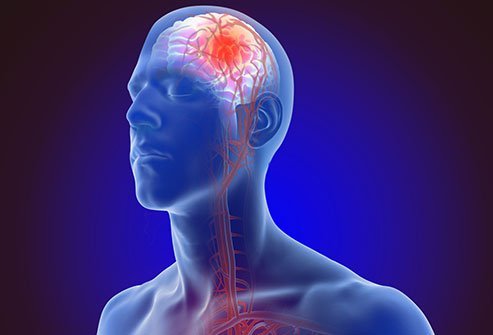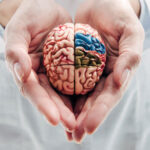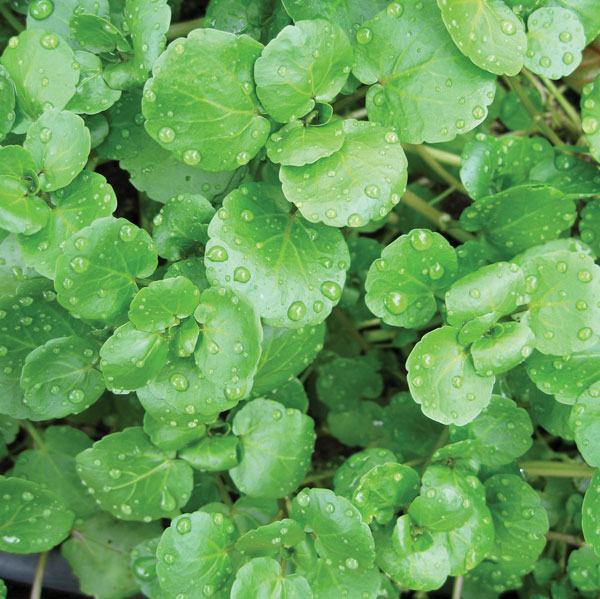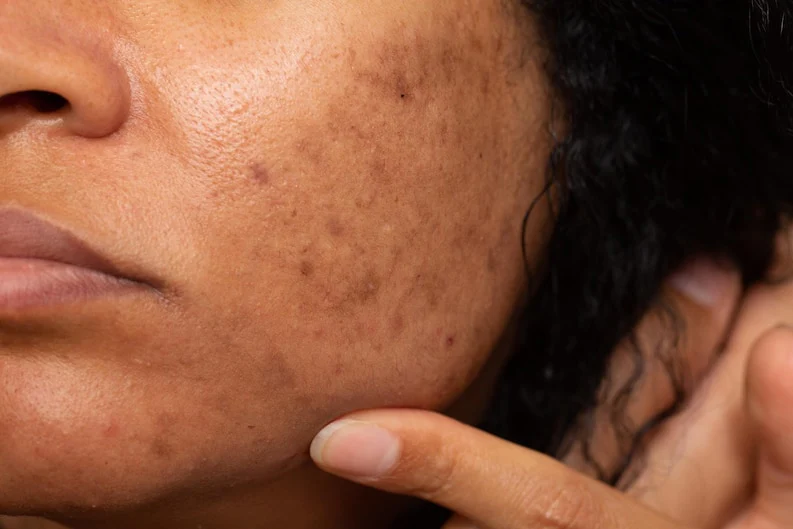HOW TO TAKE CARE OF THE BRAIN
Knowing how to take care of the brain health is very important for the brain is the center for all sensory information. The brain puts together sensory information and directs motor responses; in higher vertebrates it is also the center of learning most especially in all higher animals.
The brain seems inaccessible, locked in a safe made up of the hard bones of the skull. Nevertheless, it is very sensitive to physical stimuli on the skin, such as heat, cold or pressure. Therefore, it is highly recommended we know how to take care of the brain health.
Room temperature or Warm bath care for the Brain
This is a room temperature or slightly warm bath of the whole body, except the head.
The stimulus of the water on the skin gets to the brain, producing sedation and muscle relaxation.
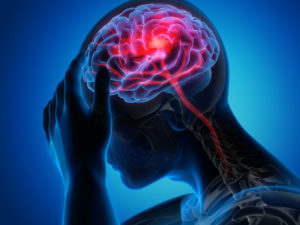 The sedating effect is greater when the water is room temperature or lukewarm, as compared to when it is very hot.
The sedating effect is greater when the water is room temperature or lukewarm, as compared to when it is very hot.
Effects
- Sedation of the entire nervous system.
- Decrease in muscle tone, relaxation
- Indications
- Insomnia
- Anxiety
- Parkinson’s disease
- Brain-based movement disorders (twitches, chorea, ataxia, etc)
- Paralysis with stiffness or spasticity
Contraindications
Cardiac or respiratory failure, because of the overload that hot water produces for the heart and respiratory functions.
Pregnancy, especially during the first trimester, due to the harmful effect of high temperatures for the fetus.
YOU MAY LIKE: How To Reduce Weight Home Remedies
Variations
In order to increase the sedative effect, add one or two litres of infusion or preparation of one these plants to the bath:
- Chamomile
- Lemon balm
- Lavender
- Valerian Root
You can also add 10 – 15 drops of essence of lavender or lemon balm
Hubbard Tank: This is a bath designed especially for making whole body immersion more comfortable, and is used in hydrotherapy centers. It has a turbine that agitates the water and keeps it at an even temperature.
Do the following if you want to know how to take care of the brain health:
- Submerge the entire body in the water, up to the neck.
- Refresh the forehead of the entire head with cool compresses if the patient feels congested or has a headache.
- Make gentle movements in the water.
Water temperature: 34 – 370C (94 – 980F)
Duration: 10 – 15 minutes
Afterward: Rub your skin with a cold cloth. Then, rest for half an hour
Frequency: Once or twice daily.
Hot Packs on the Back
Moist heat applied directly to the back has a sedating and relaxing effect that is very useful to a variety of central nervous system disorders. This is very effective and beneficial for the brain health.
SEE ALSO: Benefits of Guava Leaves
Effects
- Sedating: Relieves anxiety
- Promotes sleep
- Relaxes tense muscles due to stress.
- Indications
- Anxiety
- Insomnia
- Stress accompanied by muscles tension
Do the following:
- Protect the skin with a dry cotton cloth
- Soak and wring out a towel in a very hot water
- Apply the hot towel over the protective dry cloth
- Cover these two cloths with a wool blanket. A few minutes later, soak the towel again in hot water and wring it out.
Caution: Be careful not to get burnt when wetting the towel as well as when applying it.
Water temperature: As hot as possible; ideally, near-boiling.
Duration: 10 – 15 minutes
Afterwards: Dry the skin on your back and cover up with wool blankets.
Frequency: Once or twice daily.
Soaking Feet In Hot Water
Water in the form of baths and rubdowns, and the sun, have a healing influence on the brain. Soaking the feet in hot water is a simple and effective remedy to decongest the brain, relieving heaviness and headaches.
Effects.
- Decongestant
- Sedates and relaxes the entire body, due to the reflex that is produced from the feet on up.
- Indications
- Headache
- Anxiety
- Insomnia
Water temperature: 34 – 370C (94 – 980F)
Duration: 10 – 15 minutes
Afterward: Rub your feet with a cloth soaked in cold water and put on wool socks
Frequency: Up to three times daily.
Ice Packs To the Head or Ice Bath for the brain

Ice packs applied to the head reduce inflammation and congestion of the brain
Effects
- Decongestant
Indications:
Stroke: As an emergency treatment, it helps reduce brain temperature and therefore prolongs survival of the neuron that have lost their blood supply.
Brain haemorrhage due to stroke or brain trauma, to reduce haemorrhage until medical care is provided.
Caution: Always place a towel or cloth over the skin, to protect it from extreme cold.
Read also: Watercress: Medicinal plant for the Blood
Do the following;
- Submerge both legs at the same time to halfway up your calves. Add hot water when the temperature drops.
- Fill a plastic or rubber bad with ice and place it on your head.
Glove Rubdown
This achieves an intense toning effects for the nervous system and circulation.
Do the following;
- Soak a bath glove in cold water; do not wring out
- Rub vigorously over your skin until it becomes reddened
- Start with both arms, then your thighs and legs, ending with your chest and abdomen.
Effects
- Toner
- Immunostimulant
- Increases blood pressure when it is low
Indications:
Generalized weakness.
Lack of resistance to infections or cold
Hypotension
Caution: The room should be at a comfortable temperature, and the patient should not feel cold.
Sunbath for the brain
Exposure to sunlight balances the nervous system and activates the metabolism as a whole. The sun cause vitamin D to be synthesized in the skin, which improves calcium absorption.
Effects
- Antidepressant
- Immunostimulant
- Mineralizer
- Antianemic
- Indications
- Depression and asthenia
- Neurovegetative imbalance
- Weak defences
- Rickets and osteoporosis
- Anemia
Caution: Sun exposure should be progressive with regards to both time and the amount of skin surface exposed, with periods of rest in between. It is good to start exposing the feet and legs for 5 – 10 minutes, and increase the amount of skin exposed and the time each day, until the whole body is exposed (except the head) for two hours after 10 days.
- Always cover your head
- Use sunscreens for more sensitive areas of your skin, applying them at least half an hour before going into the sun (their effect is not immediate).
- Wear sunglasses.
Contraindications
- Photosensivity due to taking certain medications, or other causes.
- Skin cancer
Research suggests that a number of herbs and spices may help improve your brain health, and some of them may be already sitting in your fridge or pantry. On knowing how to take care of the brain health, several of these herbs and spices have been studied for their effects on Alzheimer’s disease, while others have been tested for their overall effects on cognition (i.e. the mental action or process involved in thinking, understanding, learning, and remembering
- Sage: A spice known for its pungent scent, sage may possess memory-enhancing properties, according to a small study published in Pharmacology, Biochemistry, and Behaviorin 2003.
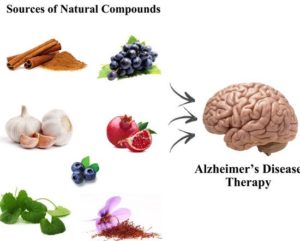
Sage might also aid in the treatment of Alzheimer’s disease. In fact, a research review published in Evidence-Based Complementary and Alternative Medicine identified sage as one of the several herbs that may be beneficial to Alzheimer’s patients. The other herbs included lemon balm and the Chinese herbs yi-gan san and ba wei di huang wan.
Try adding sage to butternut squash, roasted chicken, turkey, tomato sauce, or in a white bean soup. Sage can also be consumed in tea form.
READ ALSO: How to Boost the Immune System
- Turmeric is a spice long used in Ayurveda. It contains a compound called curcumin, which has antioxidant and anti-inflammatory effects (two factors that may benefit brain health and overall health).
Preliminary research suggests that turmeric may boost brain health and stave off Alzheimer’s disease by clearing the brain of beta-amyloid (a protein fragment). The build-up of beta-amyloid is known to form Alzheimer’s-related brain plaques.
In addition, turmeric may shield brain health by inhibiting the breakdown of nerve cells in the brain.
Turmeric is a key ingredient in curry powder, which typically also includes such spices as coriander and cumin. To increase your intake of turmeric, try adding curry powder or turmeric to stir-fries, soups, and vegetable dishes. Include a couple dashes of black pepper to enhance the absorption of turmeric.
Others are: Ginkgo biloba, Ginseng, Gotu Kola. We ought to know how to take care of the brain health and that is why the above mentioned methods need to be put in place, adopt it and do it always.
Source: verywellfit.com
Read also: New Jersey Tea: Medicinal Plant for the Mouth, Nose and Throat
Cornflower: A good remedy for the eyes
Comfrey, A Good Medicinal Plant for the Skin

A graduate of Computer Science and Information Management Technology. Diploma – Caregiving, Certificates – Dementia and Diabetes Awareness and Management. A researcher, blogger, songwriter, singer and acoustic guitarist. Born in an environment where natural talents such as healing are imparted at our natural birth. This natural talents of healing is the result of our genetic inheritance and the training from family environment.











